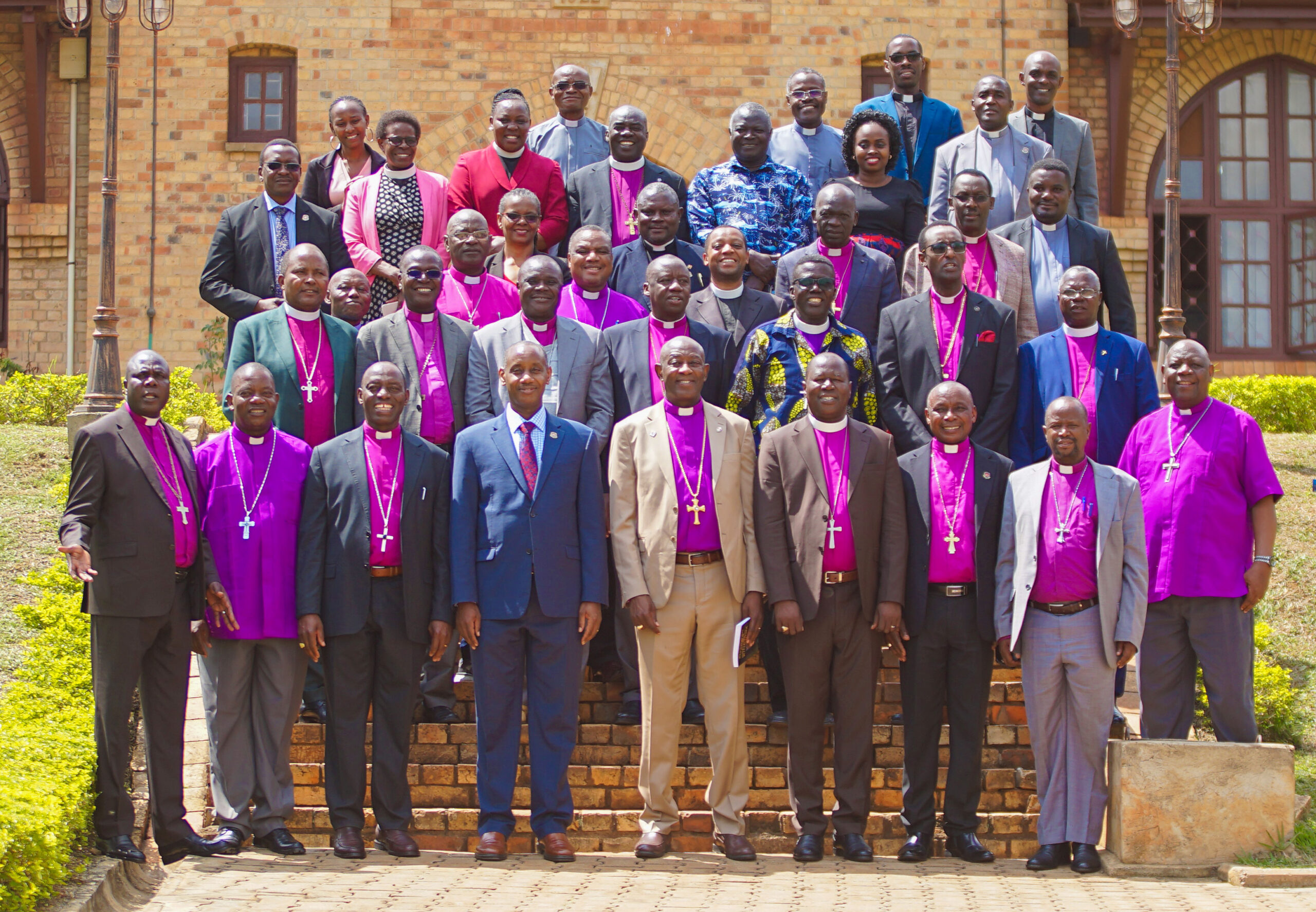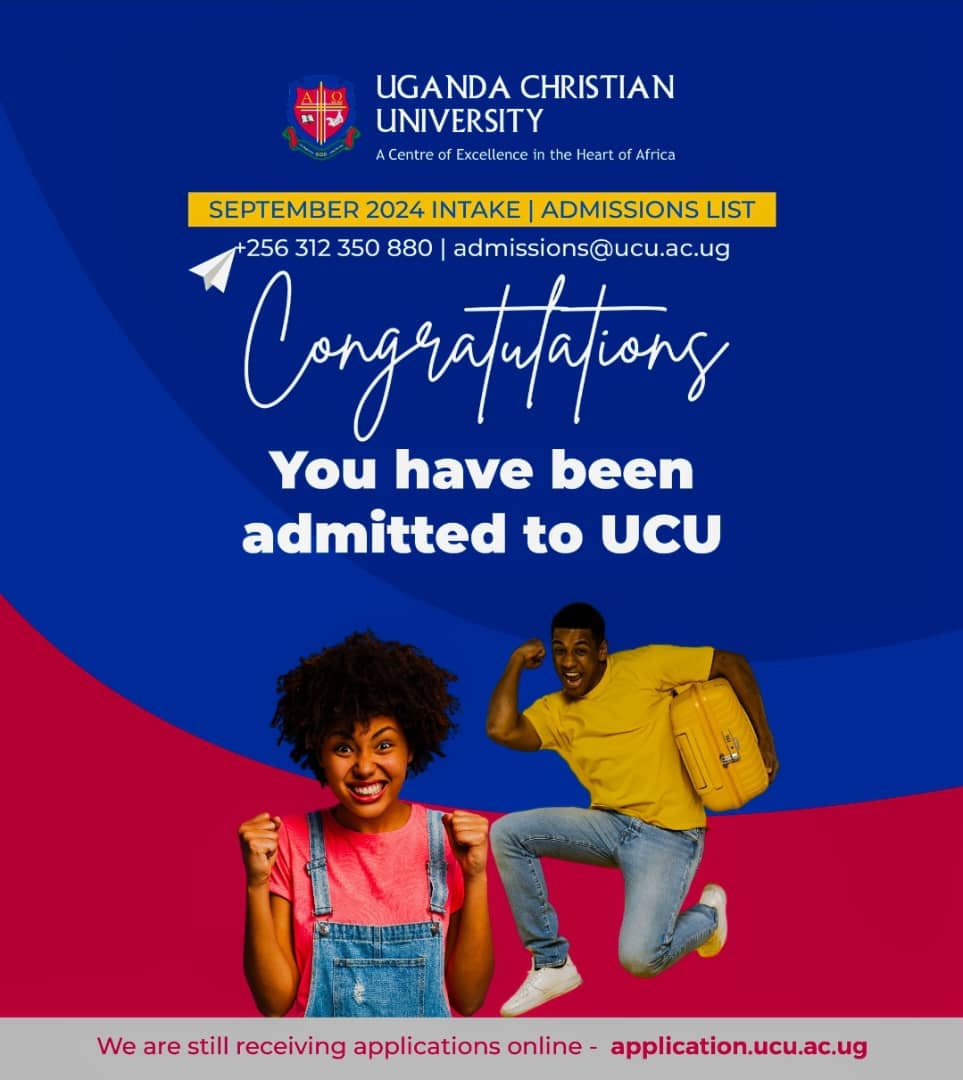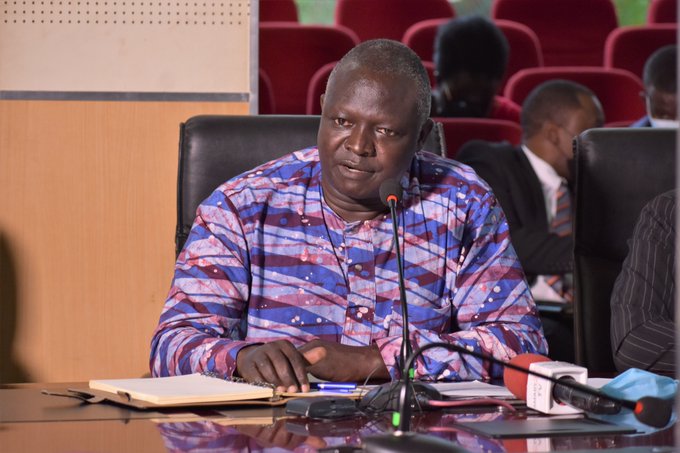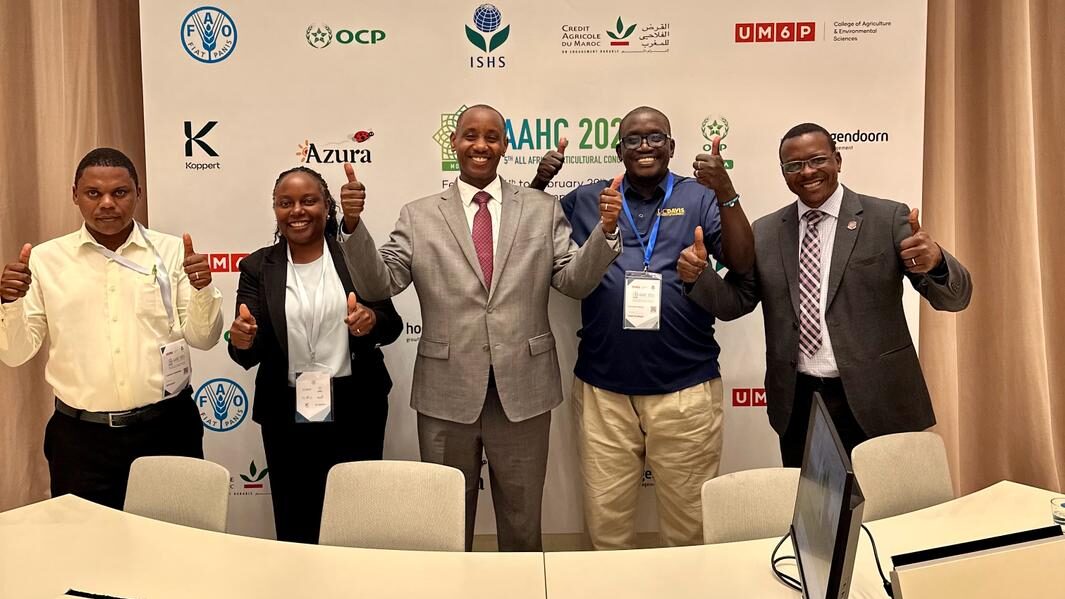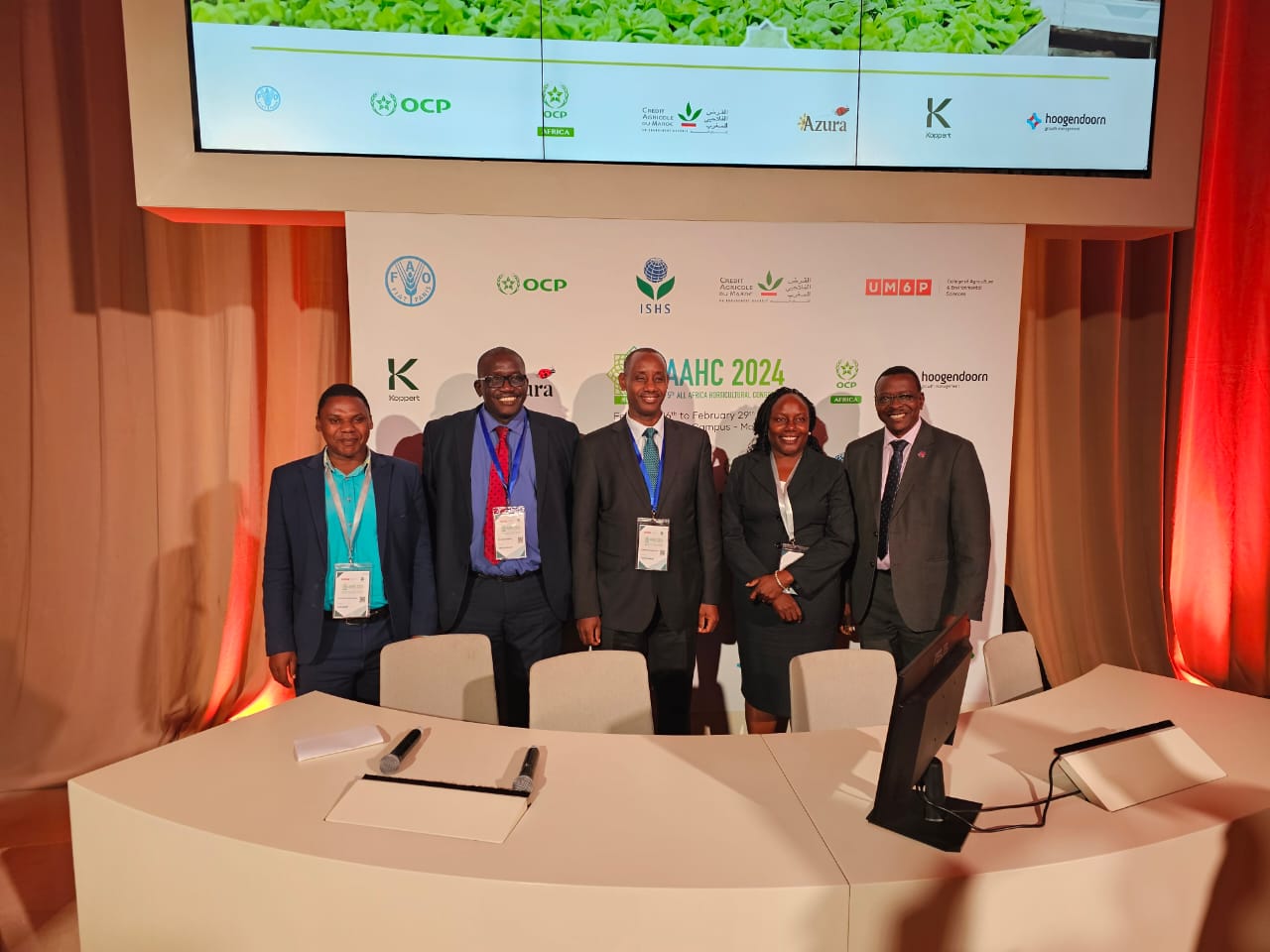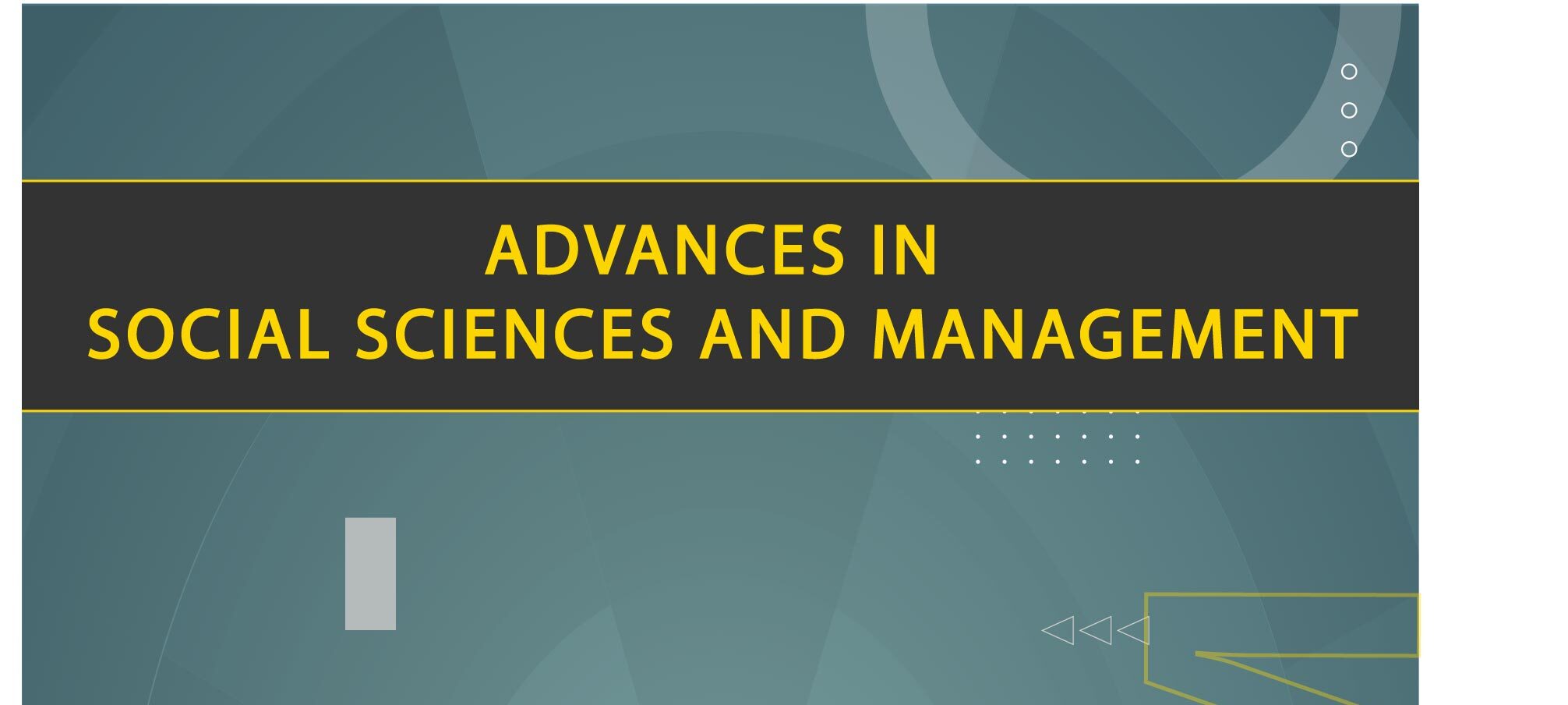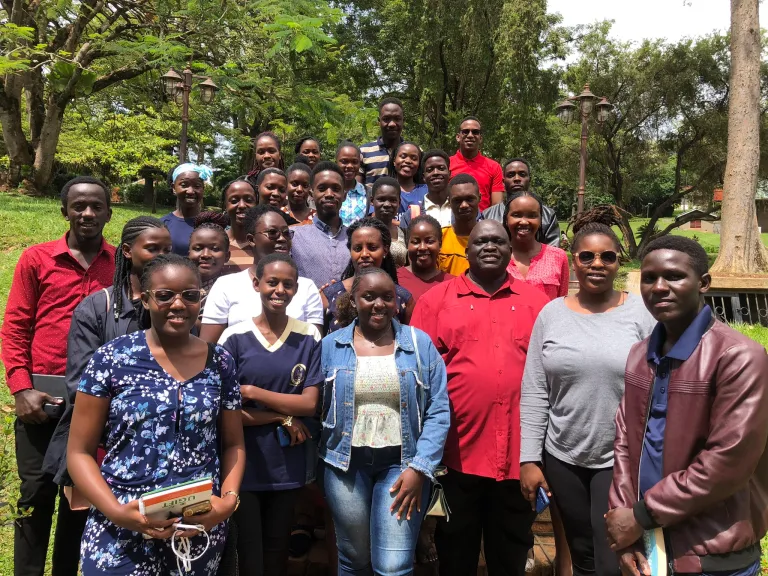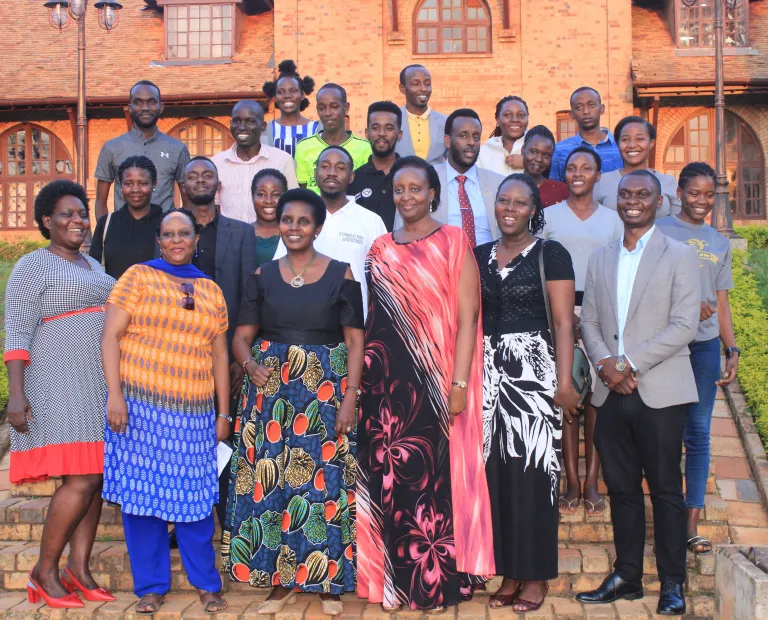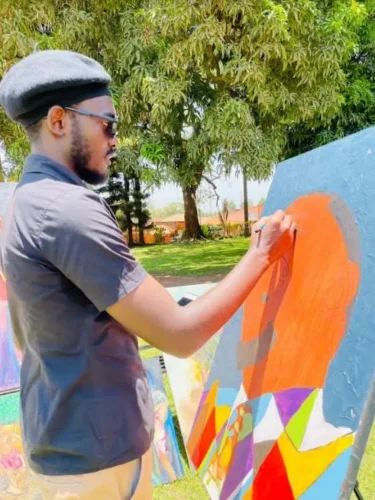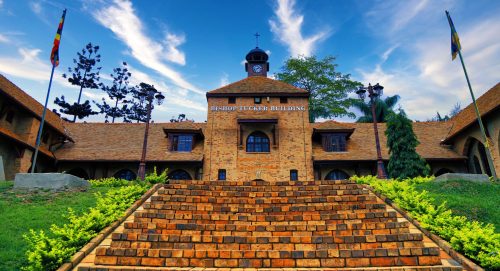The supreme governing council of the Church of Uganda, the Provincial Assembly, has convened once again at Uganda Christian University’s (UCU) Main Campus in Mukono. According to a statement from the Provincial Secretariat, the assembly aims “to deliberate on critical matters concerning the church and to strategize for its development and sustainability.”

A delegation of 39 bishops from all dioceses of the Church of Uganda began arriving at UCU on the evening of Monday, August 19, 2024, in preparation for the opening ceremony of the assembly, scheduled for tomorrow, Wednesday, August 21, 2024. The Commissioner General of the Uganda Revenue Authority (URA), Mr. John Musinguzi Rujoki, will grace the gathering as the Chief Guest.
Day One: Engagement of Bishops with UCU Management
Today, August 20, 2024, bishops of the Church of Uganda, who also serve as trustees of UCU, engaged in a strategic meeting with the university’s management. During the gathering, Prof. Aaron Mushengyezi, Vice Chancellor of UCU, presented a status report reflecting the continuous and multifaceted development at the university. “We are committed to championing the vision of making UCU a true centre of excellence in the heart of Africa, in line with the original vision of the founders,” Mushengyezi said.

“To achieve this, the management has launched a seven-year Campus Transformation Initiative,” he added, outlining a 5-Point Plan to be achieved by 2030. The plan includes renovating buildings and constructing new ones, digitising campus services to improve efficiency and service delivery, paving roads and walkways, beautifying and landscaping the campus environment, and training and re-tooling UCU staff while improving their welfare to ensure they can deliver excellent services to key UCU stakeholders.
Additionally, the Vice Chancellor applauded the bishops for their support through their dioceses toward the “UCU Sunday 2023,” where UGX 297,224,648 was raised to support various causes at UCU, including infrastructural development, clergy training, and tuition support for students in need.

UCU Sunday is an annual Thanksgiving Day, established in 2017 when the House of Bishops resolved to deliberately support UCU by designating the last Sunday of September for churches to pray for and fundraise for “the provincial university”—UCU. This year, the celebration will take place on September 29, 2024.
Remarks from the Chairperson of the Governing Council
The Bishop of Lango Diocese, Rt. Rev. Prof. Alfred Olwa, who also serves as Chairperson of the UCU Governing Council, applauded UCU’s management for ensuring the university maintains a competitive edge among institutions in the country, noting that it even outclasses many. He urged them to stay the course.

“Our graduates are competitive in the job market, our student discipline is commendable, our diligent and committed staff members are remarkable, and the advancement in infrastructural development across all our campuses is commendable,” noted Professor Olwa.
“UCU is now graduating an increasing number of PhDs. Indeed, UCU is on the path to becoming a ‘centre of excellence in the heart of Africa,’” he added.
Remarks from the Archbishop/ UCU Chancellor

The Archbishop of the Church of Uganda, who also doubles as Chancellor of UCU, His Grace the Most Rev. Dr. Stephen Samuel Kaziimba, called upon the university management and staff to mentor younger leaders, noting that young people are eager to learn, grow, and contribute meaningfully to society. His Grace’s remarks come in the wake of the national census conducted in May 2024, which once again established Uganda as one of the countries with the youngest population in the world, with 22.7% youth and over 50% of the population under 17 years old, according to statistics from the Uganda Bureau of Statistics.
“One of the greatest legacies we can leave is the nurturing and mentoring of the next generation of scholars and leaders,” Archbishop Kaziimba said, challenging university management to identify, retain, and support excellent-performing students.
“Many of our promising students and young lecturers face financial challenges that hinder them from pursuing further studies. As leaders in academia, I encourage you to help identify these individuals and assist them in finding scholarships or other opportunities for further education.”

The official opening of the assembly will be broadcast on Family TV, and updates about the occasion will be published on the digital platforms of both UCU and the Church of Uganda.


